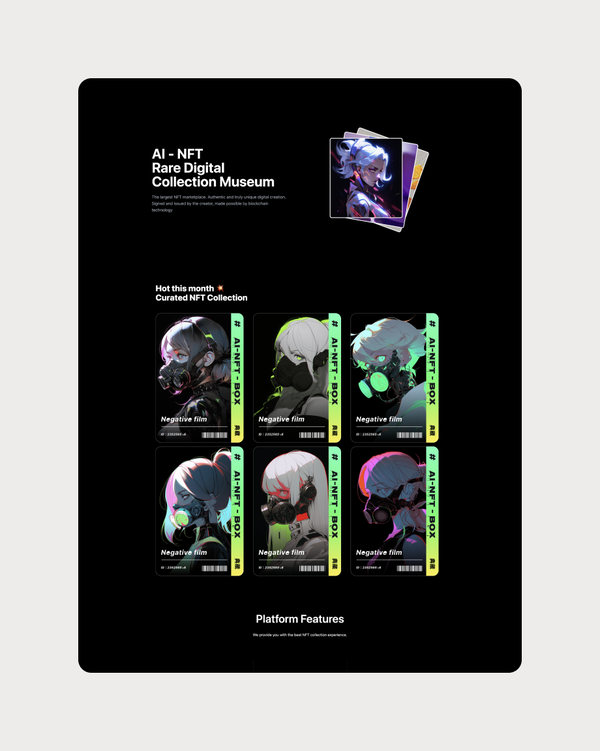Getting Started with Website Analytics Tools
Website Analytics Tools Explained
Website Analytics Tools
In this modern digital age, having a professional and user-friendly website is crucial for any small business looking to attract customers and generate leads. However, hiring a professional web designer can be costly, especially for small businesses with limited budgets. This is where website builders come in handy. Website builders are tools that allow users to create websites without any coding or technical skills. There are many options available, but finding the best free website builder for small businesses can be a daunting task. To help you make an informed decision, we have compiled a list of the top free website builders for small businesses.

Quick Website Analytics Tools Guide
Website Analytics Tools
Web development can be broadly categorized into two main areas: front-end development and back-end development. Front-end development focuses on the visual aspects of a website, such as layout, design, and user interface. This involves using languages such as HTML, CSS, and JavaScript to create engaging and interactive user experiences. Back-end development, on the other hand, involves working with databases, servers, and application logic to ensure that a website functions properly. This often involves using languages such as PHP, Python, and Ruby.
One of the most important aspects of web development is responsive design. With the increasing use of mobile devices to access the internet, it is essential for websites to be optimized for all screen sizes. Responsive design ensures that a website looks and functions correctly on desktops, laptops, tablets, and smartphones. This involves using techniques such as fluid grids, flexible images, and media queries to create a seamless user experience across all devices.
In addition to responsive design, web developers also need to consider web accessibility when building websites. Web accessibility refers to the practice of making websites usable for people with disabilities, such as those who are visually impaired or have motor impairments. This involves using semantic HTML, providing alternative text for images, and ensuring that websites can be navigated using a keyboard. By making websites accessible to all users, web developers can ensure that everyone can access and use their websites.
When it comes to front-end development, one of the most popular frameworks is Bootstrap. Bootstrap is a front-end framework that allows developers to create responsive and mobile-friendly websites quickly and easily. It provides a set of pre-built components, such as buttons, forms, and navigation bars, that can be easily customized to fit the design of a website. Bootstrap also comes with a grid system that makes it easy to create responsive layouts that adapt to different screen sizes.
Another essential tool for front-end development is JavaScript, which is a programming language that allows developers to add interactivity and functionality to websites. JavaScript can be used to create animations, validate forms, and interact with APIs to fetch data dynamically. One of the most popular JavaScript libraries is jQuery, which simplifies common tasks such as DOM manipulation and event handling. More recently, frameworks like React and Angular have gained popularity for building dynamic and interactive web applications.
On the back-end side, one of the most widely used technologies is the LAMP stack, which stands for Linux, Apache, MySQL, and PHP. The LAMP stack is a popular open-source software stack that is often used to build dynamic websites and web applications. Linux is the operating system, Apache is the web server, MySQL is the database management system, and PHP is the server-side scripting language. Together, these technologies allow developers to create powerful and scalable web applications that can handle high traffic loads.
In recent years, there has been a shift towards using modern web development tools and technologies, such as Node.js and MongoDB. Node.js is a runtime environment that allows developers to write server-side code using JavaScript, making it easier to build real-time web applications. MongoDB is a NoSQL database that is designed for scalability and flexibility, making it ideal for handling large amounts of data in web applications. By using these modern technologies, web developers can create fast, efficient, and secure web applications that meet the demands of today’s users.
That’s where a website portfolio case study device generator comes in. This powerful tool allows you to easily create a professional-looking website portfolio in just a few clicks. In this article, we will explore the benefits of using a website portfolio case study device generator and how it can help you take your online presence to the next level.
What is a Website Portfolio Case Study Device Generator?
A website portfolio case study device generator is a tool that helps you create a visually appealing and user-friendly website portfolio without the need for any coding or design skills. This tool is typically web-based, meaning you can access it from any device with an internet connection.
One of the key features of a website portfolio case study device generator is the ability to easily showcase your work in a professional and organized manner. You can upload images, videos, and other media to your portfolio and arrange them in a visually appealing layout. Additionally, many generators also offer customizable templates and themes, allowing you to personalize your portfolio to fit your brand and style.
Benefits of Using a Website Portfolio Case Study Device Generator
1. Save time and effort: Creating a website portfolio from scratch can be time-consuming and overwhelming, especially if you’re not familiar with coding or design principles. A website portfolio case study device generator simplifies the process by providing pre-designed templates and easy-to-use tools, allowing you to create a professional portfolio in a fraction of the time.
2. Professional and polished look: With a website portfolio case study device generator, you can rest assured that your portfolio will have a polished and professional look. The templates provided are designed by experts in the industry, ensuring that your portfolio will make a great impression on potential clients and employers.
3. Easy to update and maintain: Another advantage of using a website portfolio case study device generator is that it makes it easy to update and maintain your portfolio. You can easily add new work, update information, and make changes to your portfolio without having to deal with complicated coding or design tools.
4. Showcase your work effectively: One of the main purposes of a website portfolio is to showcase your work and demonstrate your skills and expertise. A website portfolio case study device generator allows you to effectively showcase your work in a visually engaging way, making it easy for visitors to see what you have to offer.
5. Reach a wider audience: By having a professional website portfolio, you can reach a wider audience and attract more potential clients or job opportunities. With a website portfolio case study device generator, you can easily share your portfolio on social media, include it in your email signature, or even link to it on your resume.

Website Analytics Tools Resources
Website Analytics Tools
In conclusion, choosing the right website builder for your small business is essential to creating a professional and functional online presence. With the platforms mentioned above, you can easily design a beautiful website that showcases your products or services, drives traffic, and ultimately helps you grow your business. Whether you’re looking for a user-friendly interface, e-commerce capabilities, or customization options, these website builders have everything you need to succeed online.


